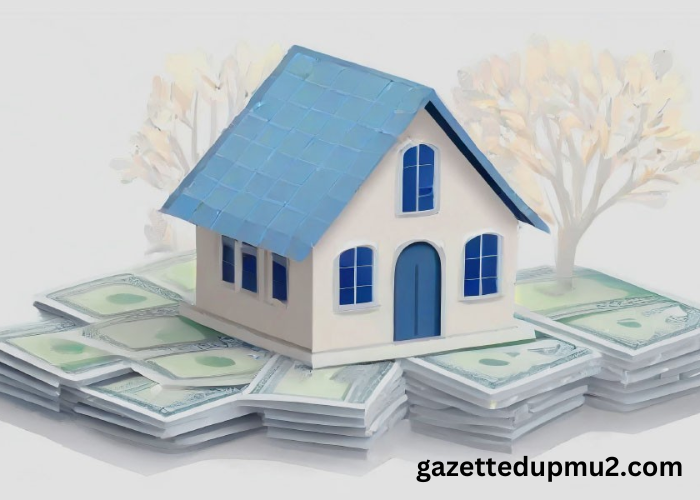Buying your first home is an exciting milestone, but it also requires careful financial planning. With UK house prices remaining high, budgeting effectively is essential for first-time buyers. Follow these tips to help budget for your first home.
Calculate Your Deposit
The size of your deposit will significantly impact the mortgage you can get and the amount you need to borrow. Most lenders require a minimum 5% deposit, but the higher the deposit, the better the mortgage rate. Take time to build up your savings – it’s worth waiting longer to get a bigger deposit. Aim for at least 15-20% if possible. Gifted deposits from family and the government’s Help to Buy scheme can help first-time buyers boost their deposits.
Factor In Other Upfront Costs
Beyond your deposit, budget for all the additional upfront costs associated with buying property. These include:
- Survey fees – £300-£600 to have a RICS survey done. For most people, a home buyers survey (RICS Level 2 survey) is sufficient, but on an older property, one with unusual construction, or a listed property, a Level 3 building survey is a better option. Contact a house surveyor in Norwich for more information.
- Conveyancing fees – Around £500-£1500 for a solicitor to handle the legal work.
- Mortgage fees – Booking, arrangement and valuation fees can total £500-£1000.
- Moving costs – Removal company, change of address admin, etc. Budget £500-£1000.
- Home upgrades – Immediate renovations, new furniture and appliances. Allow several thousand pounds.
- Stamp duty – A tax on property purchases. Currently only applies on properties over £425,000 for first-time buyers.
Leave a Buffer in Your Budget
First-time buyers should budget some contingency funds to cover unexpected costs. Property purchases often involve surprises and overruns. Leave at least £2000-£5000 extra in your budget as a buffer. This gives you flexibility to handle costly issues without derailing your plans.
Calculate Your Monthly Mortgage Payments
The single biggest monthly cost for new homeowners is their mortgage payment. Use online mortgage calculators to estimate your monthly payments. Input property prices, deposit amounts, interest rates and mortgage terms to see the impact on monthly costs. Get mortgage quotes from brokers and lenders. Budget conservatively, assuming a higher interest rate than what you are quoted.
Account for Insurance, Utility and Maintenance Bills
Beyond your mortgage, budget for higher monthly bills in your new home:
- Insurance – Home insurance typically costs £100-£300 per year.
- Council tax – Between £100-£200 per month on average. First-time buyer discounts may apply.
- Utilities – Budget higher costs for energy, water, phone/internet.
- Maintenance – Budget 1-2% of your home’s value annually for repairs and upkeep.
Prioritise and Reduce Other Expenses
To afford a mortgage along with higher living costs, examine your current expenses and reduce discretionary spending. Cut back on takeaways, nights out, and subscriptions. Develop a focused savings plan and budget to support your home purchase.
Explore a wide range of thoughtful gifts for her. Whether for birthdays or anniversaries, our selection ensures you’ll find the ideal present to delight her.
Consult Mortgage Advisors
Mortgage advisors can assess your situation and provide personalised affordability estimates. Advisors help first-timers understand how much they can borrow and budget accordingly. They’ll explain the ins and outs of different mortgage products. Seek professional advice early when budgeting for your first home.





